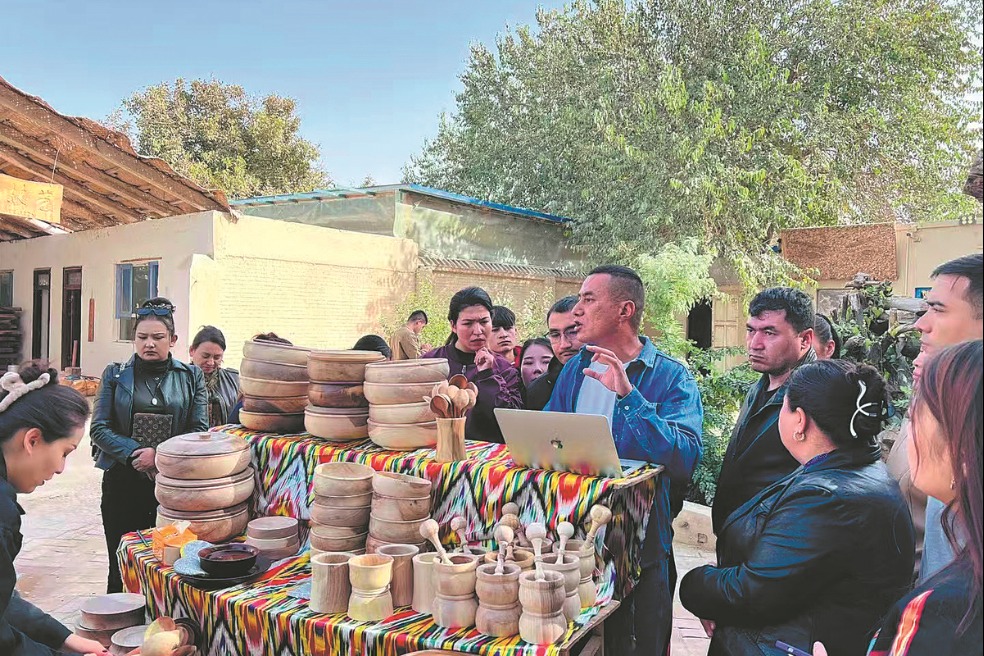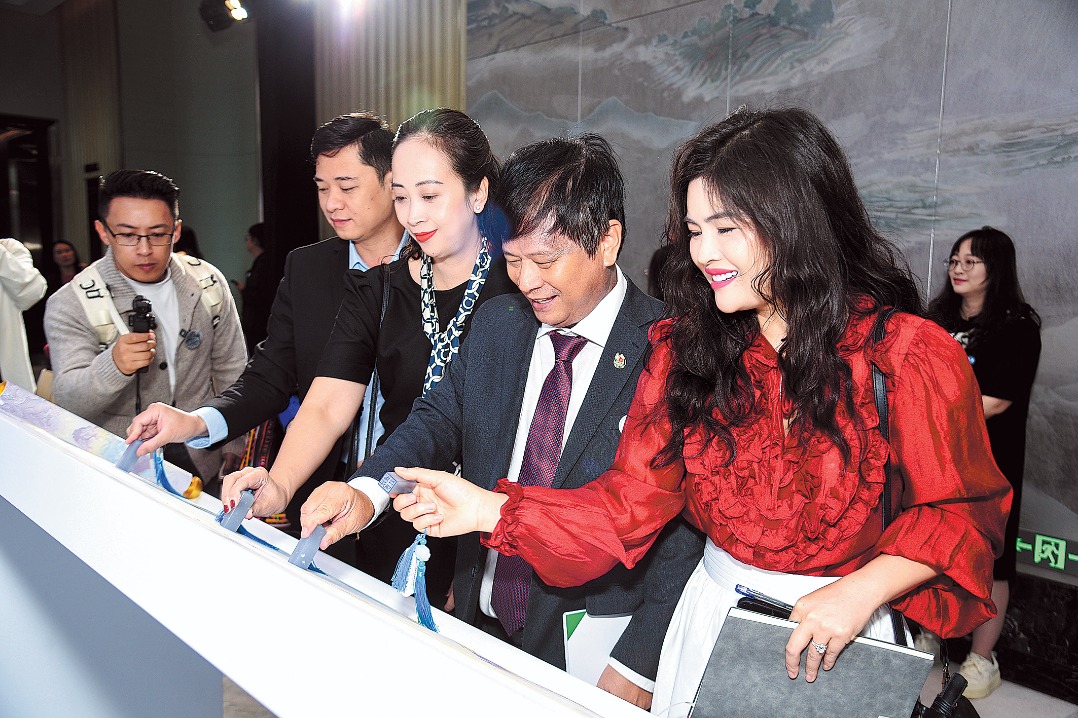Belarus' full membership strengthens SCO cooperation


The SCO Summit in Tianjin concluded on Sept 1, 2025. Leaders of the SCO member states approved a development strategy for the organization in the 2026-2035 period, agreed on a political decision to establish an SCO development bank, inaugurated four new SCO security centers, and endorsed a package of practical cooperation platforms and high-quality development action plans that China has offered to open to all SCO states.
Belarus' journey to full membership of the Shanghai Cooperation Organization spanned more than a decade — from becoming a dialogue partner in 2009 to formally joining the organization in 2024. For Minsk, the SCO is not just a diplomatic forum but also a platform for economic diversification, political support and integration into an emerging multipolar world.
The dialogue partner status in 2009 opened the door to trade and investment cooperation, customs coordination, regional and global security dialogues and foreign policy consultations for Belarus. And Belarus' emphasis on being a bridge between East and West made it a natural participant in interregional connectivity projects.
Belarus was officially granted observer status at the SCO Summit in Ufa, Russia, in 2015, at a time when Belarus expressed strong interest in building a unified transport network, modernizing road and rail infrastructure, and developing multimodal transit routes to unlock its potential as a transit hub between Asia and the European Union.
Hence, the SCO quickly became more than a dialogue platform — an entry point to Eurasian connectivity — for Belarus. Combined with the country's role in the Belt and Road Initiative, the result of improved connectivity was reflected in the Great Stone China-Belarus Industrial Park, which Chinese President Xi Jinping labeled the "Pearl of the Silk Road" during his visit to Belarus in 2015.
Belarus formally applied for full SCO membership in 2022, when the world was undergoing dramatic geopolitical changes. The Western sanctions imposed on Belarus following the 2020 domestic political crisis and the outbreak of the Russia-Ukraine conflict cut off the country's Western vector. As such, full SCO membership became both a pragmatic necessity and a means to pivot toward Eurasia for Belarus.
First, full SCO membership offered Belarus access to markets in China, India, Central Asian countries and Iran, reducing its dependence on Western markets. Second, it helped the country participate in projects that are alternatives to the Western financial system and trade routes. And third, it allowed Belarus to strengthen cooperation with SCO member states and garner political support against Western pressure.
Full SCO membership also reflects Belarus' redefined diplomacy. The "multi-vector" approach — balancing East and West — has given way to a pivot to the East. With global economic activity shifting to Asia, Belarus now prioritizes the Eurasian Economic Union, the Commonwealth of Independent States, the Belt and Road Initiative, as well as reaching out to other Asian countries, along with those in Africa, the Middle East and Latin America.
The SCO, along with Belarus' potential membership of BRICS, now anchors the country's new foreign policy identity. The SCO's strength is that it is a dialogue platform rather than a rigid bloc. While some observers interpret it as a counterweight to the West, its Shanghai Spirit emphasizes consensus, non-alignment and mutual respect.
For Belarus, and other countries facing Western sanctions, including Russia and Iran, strengthening alternative economic, logistical and financial frameworks within the SCO is a priority.
However, Belarus' full SCO membership comes with both promises and challenges. On the positive side, the organization provides Belarus with partners, markets and a sense of belonging in an increasingly multipolar world. On the other hand, the diversity of members, regional tensions and differences in foreign policy priorities may affect its potential.
If the SCO is to widen its influence, it must demonstrate its capability to resolve crises across Eurasia. Genuine commitment to the Shanghai Spirit, the UN Charter and four global initiatives should become a concrete benchmark and guiding principle for resolving those crises.
Despite the many challenges it faces, Belarus has the potential to create new development opportunities for the SCO. As a European Union neighbor, it adds a new geographic and political dimension to the organization. If it manages to step out of the shadow of the Russia-Ukraine conflict, and if relations with the West are eventually normalized, it could once again serve as a bridge between Eurasia and Europe, offering SCO members greater access to European markets.
The Great Stone China-Belarus Industrial Park shows Belarus' ability to host ambitious Belt and Road projects and promote the integration of European, Eurasian and Chinese strategies — what Belarusian President Aleksandr Lukashenko once called the "integration of integrations".
If Belarus realizes these goals, it could transform into a modern industrial and logistical hub at the crossroads of Eurasia — a key Eurasian hub linking Asia and Europe, connected to both Eurasian and European economies to the advantage of other SCO member states, too. The SCO, together with its individual members, can play a constructive role in supporting Belarus' development and regional connectivity, contributing to peace, stability, and economic cooperation across Eurasia.
The author is the founder and director of research and consulting company Sarmat AnalytiX, a Belarusian security and foreign policy analyst.
The views don't necessarily represent those of China Daily.
If you have a specific expertise, or would like to share your thought about our stories, then send us your writings at opinion@chinadaily.com.cn, and comment@chinadaily.com.cn.
































